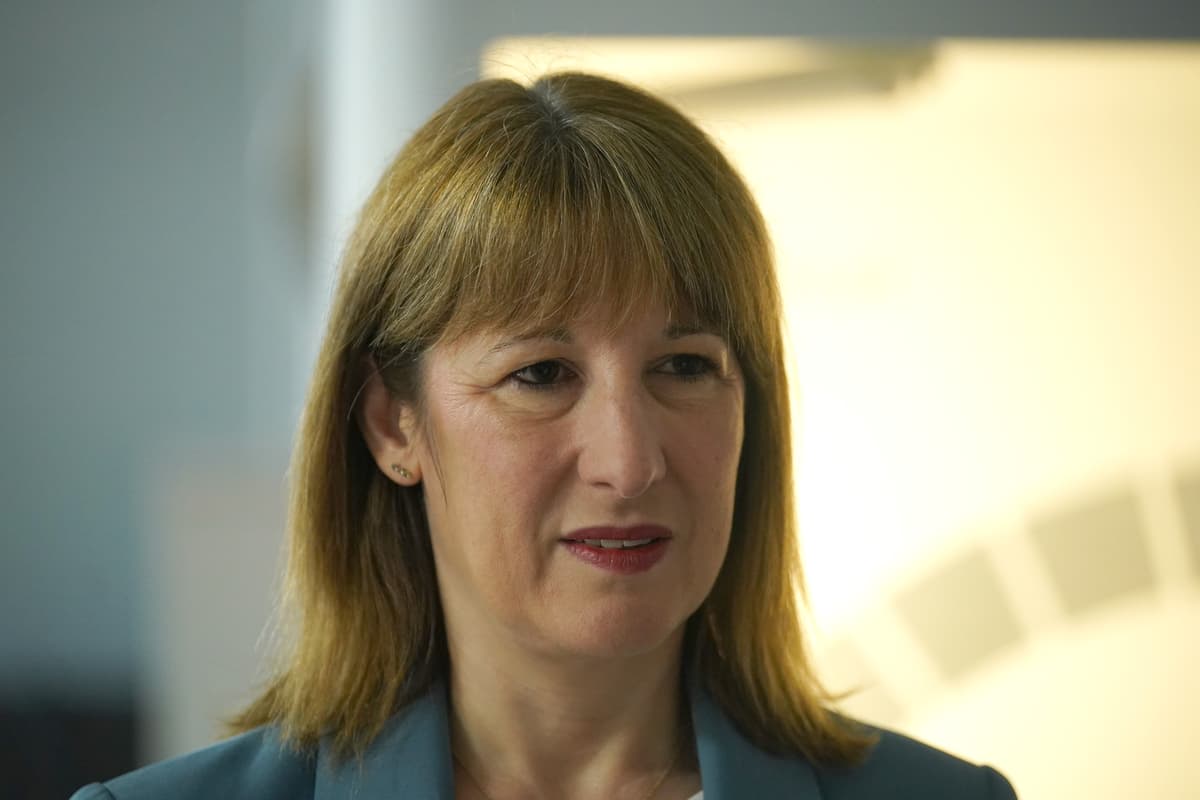
Labour Chancellor Rachel Reeves has approved new legislation to change the way personal savings are taxed in the UK.
New requirements mean workers will pay a savings tax directly from their pay packets without submitting a self-assessment form.
From April 2027, banks will be required to tell HM Revenue & Customs (HMRC) when savers have passed their thresholds on personal savings allowances so they have to pay tax accordingly.
Standard rate tax payers currently have a personal allowance of up to £1,000 a year on savings, while higher rate taxpayers can earn up to £500 tax free.
Additional rate taxpayers earning above £125,140 a year have no personal savings allowance.
An estimated 3.35 million savers will have taxable savings income this year, according to HMRC forecasts, of which 2.64 million are expected to receive a bill, an increase of 120,000 from last year.
Those who do not receive a bill will be protected by tax-free savings allowances.
From April 2027, banks will be required to ask new and existing customers with saving accounts for their National Insurance (NI) numbers to make it easier for HMRC to bill taxpayers who breach their personal allowance savings.
When will it be introduced?
The requirements will be introduced in legislation next year as the new law needs to go through a approval stages in the Houses of Commons and Lords before it can be implemented.
Why are Labour taxing people’s savings accounts?
The Chancellor Rachel Reeves is filling holes in public finances after the National Institute of Economic and Social Research (NIESR) warned that £50bn in savings or taxes are needed by the autumn Budget.
NIESR warned that slow economic growth, the weak job market and the cost of Labour U-turns on public spending have negatively impacted the UK economy.
ISAs (Individual Savings Accounts) currently remain as tax-free savings accounts available to UK residents.
These accounts allow residents to save or invest money without paying tax on the interest, dividends, or capital gains up to £20,000.
